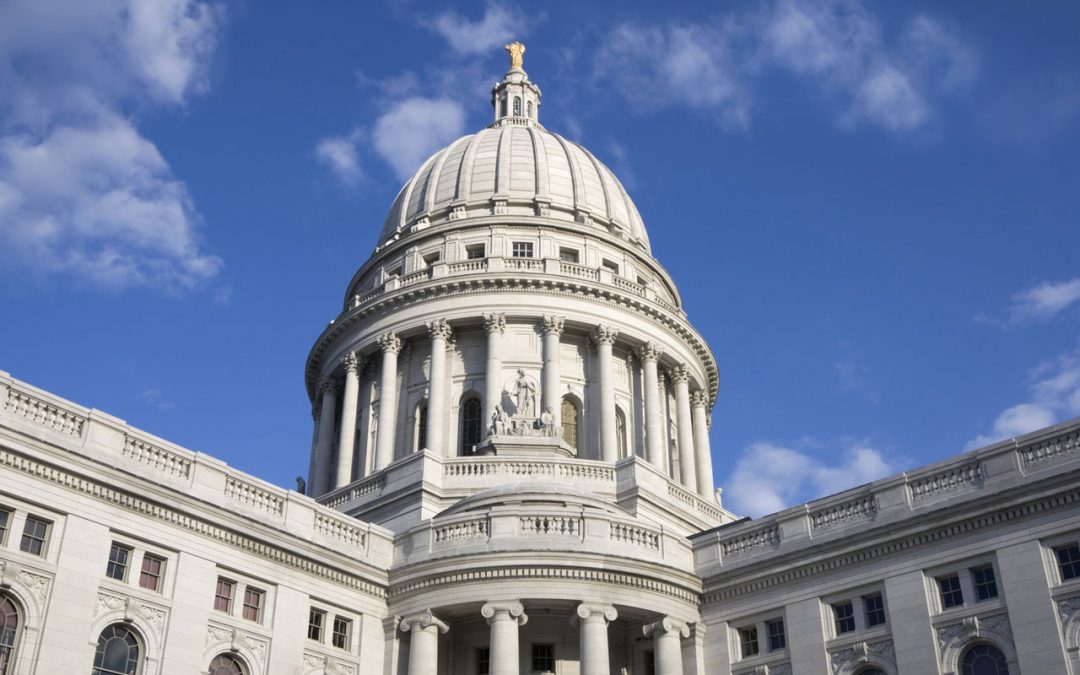Yesterday, in a unanimous vote of 31-0 (2 not voting), the State Senate voted against concurrence in the Assembly amended version of the EV charging bill, SB 573. The bill aimed to define who can provide EV charging services, how customers will pay for it, and the electricity source for the chargers.
Wisconsin law does not have specific guidance on EV charging, so non-utility-owned EV charging stations set their fees on a per-minute basis, not on the amount of energy delivered. This policy results in owners of slower charging vehicles paying more for power than owners of fast charging vehicles. SB 573 would have allowed businesses to set fees based on the amount of electricity used, but several provisions to the bill concerned clean energy advocates.
“While this bill addressed some of the issues with current policy, it would have also disincentivized solar-powered EV chargers and severely limited local government investment in EV charging,” said Heather Allen, Executive Director at RENEW Wisconsin. “RENEW Wisconsin opposed SB 573 in its current form and applauds yesterday’s Senate decision.”
SB 573 would have prohibited charging a fee if any non-utility-generated electricity was provided through a non-utility-owned EV station. The provision would limit the use of rooftop solar and stand-alone solar+storage EV charging equipment in Wisconsin, which provides numerous benefits such as controlling energy costs, facilitating EV charging in rural areas, increasing resilience and safety, and providing carbon-free electricity.
The restrictions on local government ownership or operation of publicly available EV chargers would have reduced access to EV chargers in many underserved areas because revenue from electricity sales alone may not generate enough income to justify private business investment in small towns, urban streets, or other locations. Local government participation allows EV infrastructure to expand in areas where private businesses are not investing.
“While this particular legislation did not pass, the issues the bill was attempting to resolve remains unsettled,” said Jim Boullion, Director of Government Affairs at RENEW Wisconsin. “RENEW Wisconsin will continue to work towards better policies that help everyone in Wisconsin benefit from the fast-developing electric vehicle revolution.”

